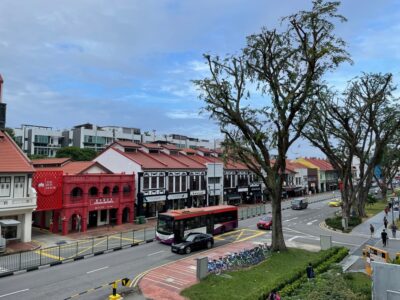Canadian condos a hit with non-residents: report
Median value of foreign-owned condominiums from Vancouver to Toronto eclipses those by residents

Condominium units in British Columbia, Ontario and Nova Scotia are proving most popular with non-residents and fetching higher prices than those owned by residents, according to a report issued yesterday by the Canadian Housing Statistics Program (CHSP).
Non-residents, defined as those whose primary dwelling is not located within Canada, owned 11.2 percent of condominiums in Metro Vancouver and 7.6 percent of those in Metro Toronto in 2018, data from the report showed, citing property assessment rolls for the three Canadian provinces.
Overall, the share of foreign-owned condos in British Columbia stood at 10.4 percent and 6.1 percent in Ontario last year. The figure rises to 19.2 percent for non-resident-owned condominiums constructed between 2016 and 2017 in Vancouver.
“Condominium apartments had the highest prevalence of non-resident ownership, particularly in Vancouver and Toronto,” commented Aled ab Iorwerth, deputy chief economist for CHSP.
More: Why co-ops continue to trump condos in New York
“In general, non-resident ownership is more frequent in newer and higher value residential properties. The CHSP data allows us to better understand the role of non-residents as a component of demand in Canadian housing markets, a topic that is of public interest in terms of the source of funds and the investment behaviour associated with such properties,” said Aled.
Recommended
Meet the vagabond architect behind India’s housing scene
Vinu Daniel is helping to shake up India’s home building setting
Where Asian real estate stands in a fragmented, warmer world
Asia’s real estate industry faces many and varied challenges as external factors continue to bite
6 sights to see in Singapore’s Marine Parade
Handily located Marine Parade has emerged as a vibrant investment choice in the Lion City
There’s a township dedicated to health and wellness in Malaysia
Property seekers have their health needs catered for at KL Wellness City








